ECONOMIC AND FINANCIAL BAIL OUT PROGRAMS FOR AN EMERGING AFRICA
$17.37
The Breton wood institutions have been lingering in the continent since independence. Their presence is usually with a well mapped out and welldefined program to save the continent from the multiple apparent selfdestruction and economic dame. The question is why these well-crafted projects have seemingly increased the level of poverty and suffering. The majority of African nations have been enjoying a boom in earnings from the export of both agricultural and mineral commodities since the turn of the twenty-first century. This revenue stream, along with macro-economic reforms encouraged by the World Bank and International Monetary Fund, has resulted in the growth of a middle class to about 150 million persons, about 15 percent of sub-Saharan Africa. With disposable income, this middle class is attracting investors, especially in retail, consumer goods, and banking. The financial community is understandably enthusiastic about the potential for high yields on short-term investments. Nevertheless, major deficits exist in governance, agriculture, intraregional trade, and the business climate that is inhibiting truly sustainable development. This book aims at navigating through efforts made towards the emergence of the continent, the support of the donor institutions, and finally evaluates the rationale of the impact of these institutions on the continent’s economy.
The Breton wood institutions have been lingering in the continent since independence. Their presence is usually with a well mapped out and welldefined program to save the continent from the multiple apparent selfdestruction and economic dame. The question is why these well-crafted projects have seemingly increased the level of poverty and suffering. The majority of African nations have been enjoying a boom in earnings from the export of both agricultural and mineral commodities since the turn of the twenty-first century. This revenue stream, along with macro-economic reforms encouraged by the World Bank and International Monetary Fund, has resulted in the growth of a middle class to about 150 million persons, about 15 percent of sub-Saharan Africa. With disposable income, this middle class is attracting investors, especially in retail, consumer goods, and banking. The financial community is understandably enthusiastic about the potential for high yields on short-term investments. Nevertheless, major deficits exist in governance, agriculture, intraregional trade, and the business climate that is inhibiting truly sustainable development. This book aims at navigating through efforts made towards the emergence of the continent, the support of the donor institutions, and finally evaluates the rationale of the impact of these institutions on the continent’s economy.
| Weight | N/A |
|---|---|
| Dimensions | N/A |
| Formats | Paperback |
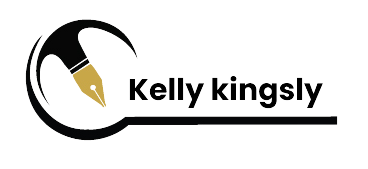
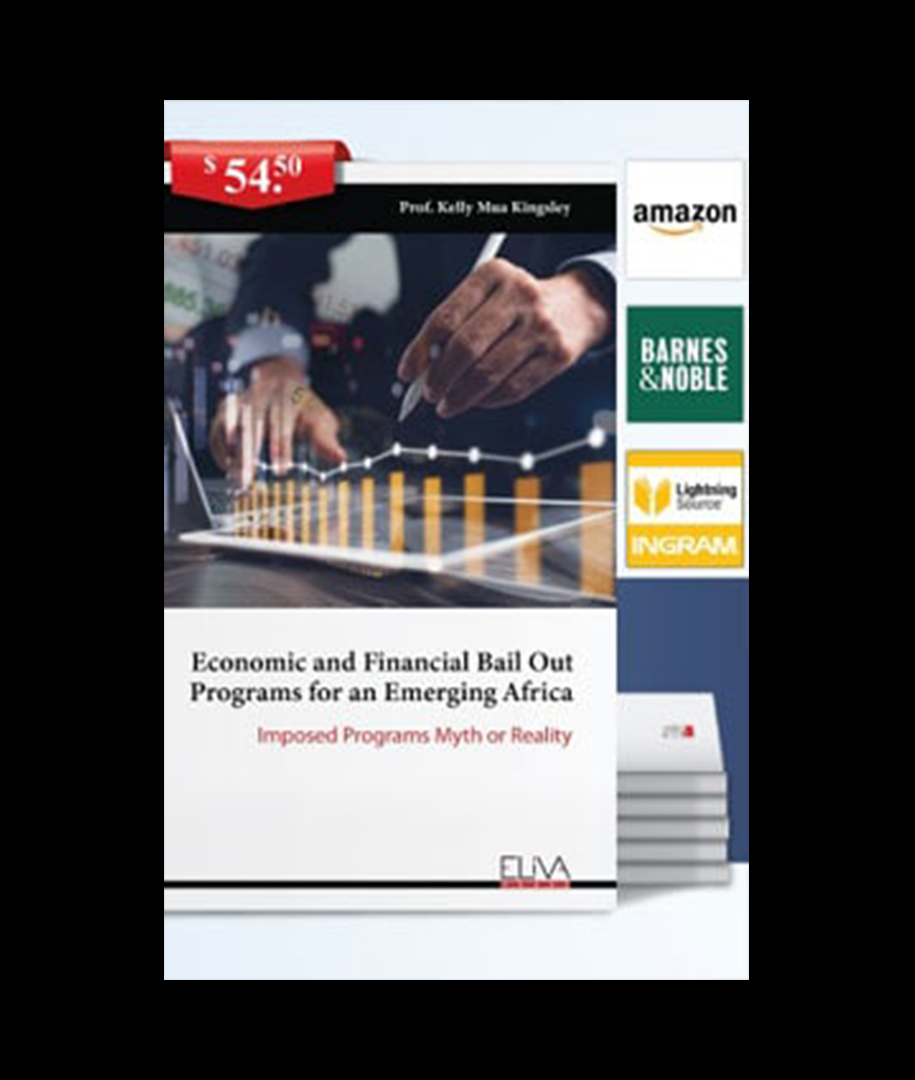

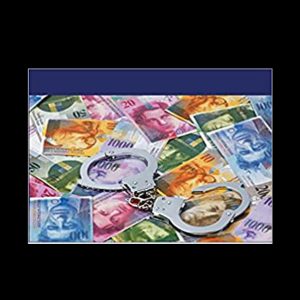
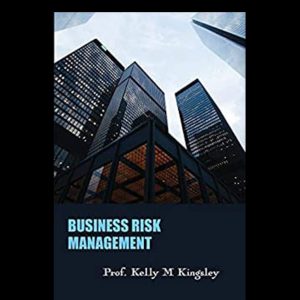
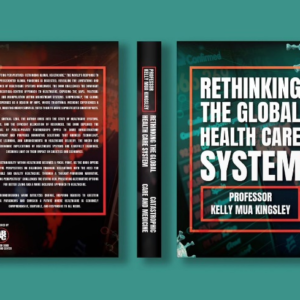
Reviews
There are no reviews yet.